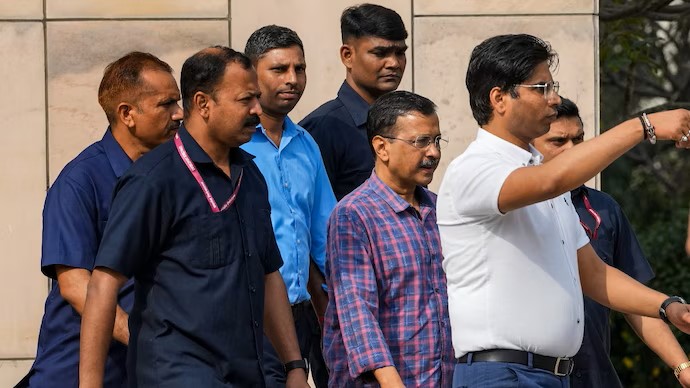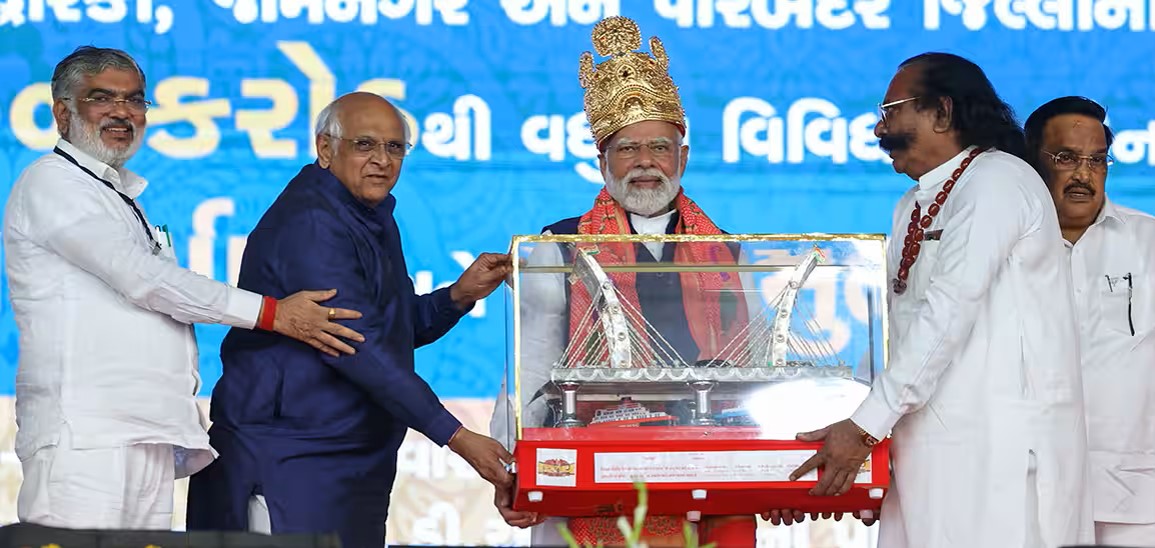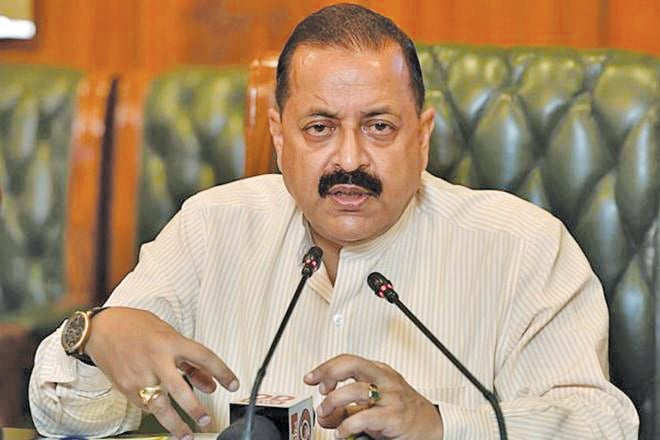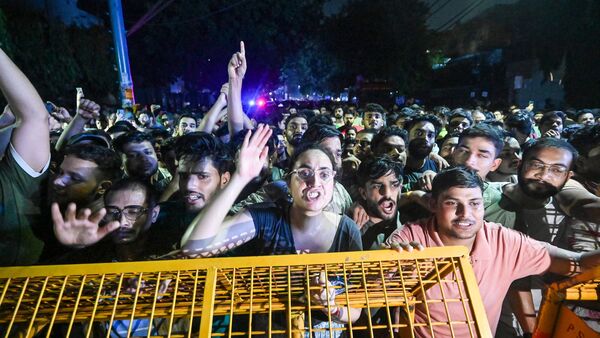Delhi Chief Minister Arvind Kejriwal’s tenure in Enforcement Directorate custody concludes today, marking a significant juncture in the ongoing investigation into the purported liquor policy scandal. Here’s a breakdown of key developments:
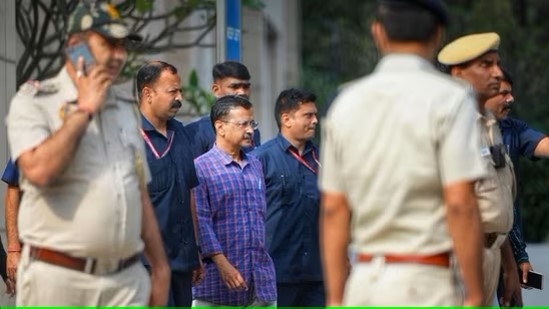 1. Arrest and Custodial Governance: Arvind Kejriwal was detained on March 21, leading to his administration from within the confines of the ED custody. Subsequently, a local court extended his custody until April 1, following the initial expiration on March 28.
1. Arrest and Custodial Governance: Arvind Kejriwal was detained on March 21, leading to his administration from within the confines of the ED custody. Subsequently, a local court extended his custody until April 1, following the initial expiration on March 28.
2. Legal Challenges: Kejriwal has challenged his arrest on grounds of fundamental rights violation, with legal proceedings underway in the Delhi High Court. The court has issued notices to the ED, with further hearings scheduled for April 3.
3. Allegations of Political Machination: Kejriwal has vehemently denounced his arrest as a product of political scheming, a sentiment echoed by his party amidst nationwide protests, particularly poignant ahead of the impending 2024 Lok Sabha elections.
4. Opposition Solidarity: Several opposition leaders have rallied in support, advocating for Kejriwal’s release, drawing parallels with other prominent political figures ensnared in legal entanglements.
5. Role of Sunita Kejriwal: Sunita Kejriwal, the Chief Minister’s spouse, has assumed a pivotal role in galvanizing support and communicating his directives to supporters, particularly evident in her recent address at the Ramlila Maidan.
6. Health Concerns: Reports suggest Kejriwal’s health concerns while in custody, with references to his diabetic condition and fluctuating blood sugar levels, necessitating attention and raising questions about his well-being.
7. International Commentary: The international community, including the UN, the US, and Germany, has weighed in on Kejriwal’s arrest, prompting diplomatic engagements amid India’s reaction to perceived interference in domestic affairs.
8. Continued AAP Arrests: Kejriwal’s detention marks the latest in a series of arrests within the 2024 Lok Sabha elections (AAP) ranks, underscoring the broader implications of the alleged liquor policy scandal.
9. Policy Scrutiny: The liquor policy in question, initially intended to reform Delhi’s liquor trade, faced scrutiny following allegations of irregularities. The ED’s investigation suggests a nexus between policy implementation and electoral financing.
10. Ongoing Investigation: As Kejriwal’s custody concludes, the investigation into the liquor policy scandal persists, with implications extending beyond the political realm, highlighting the complexities of governance and accountability.

